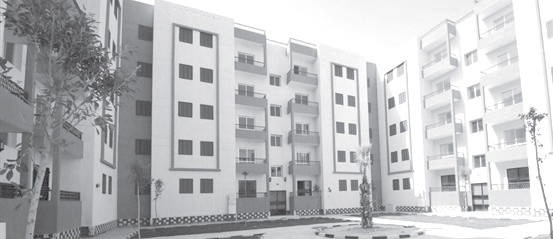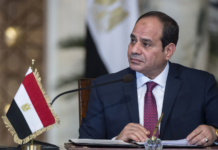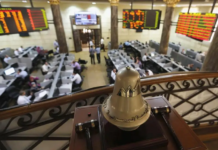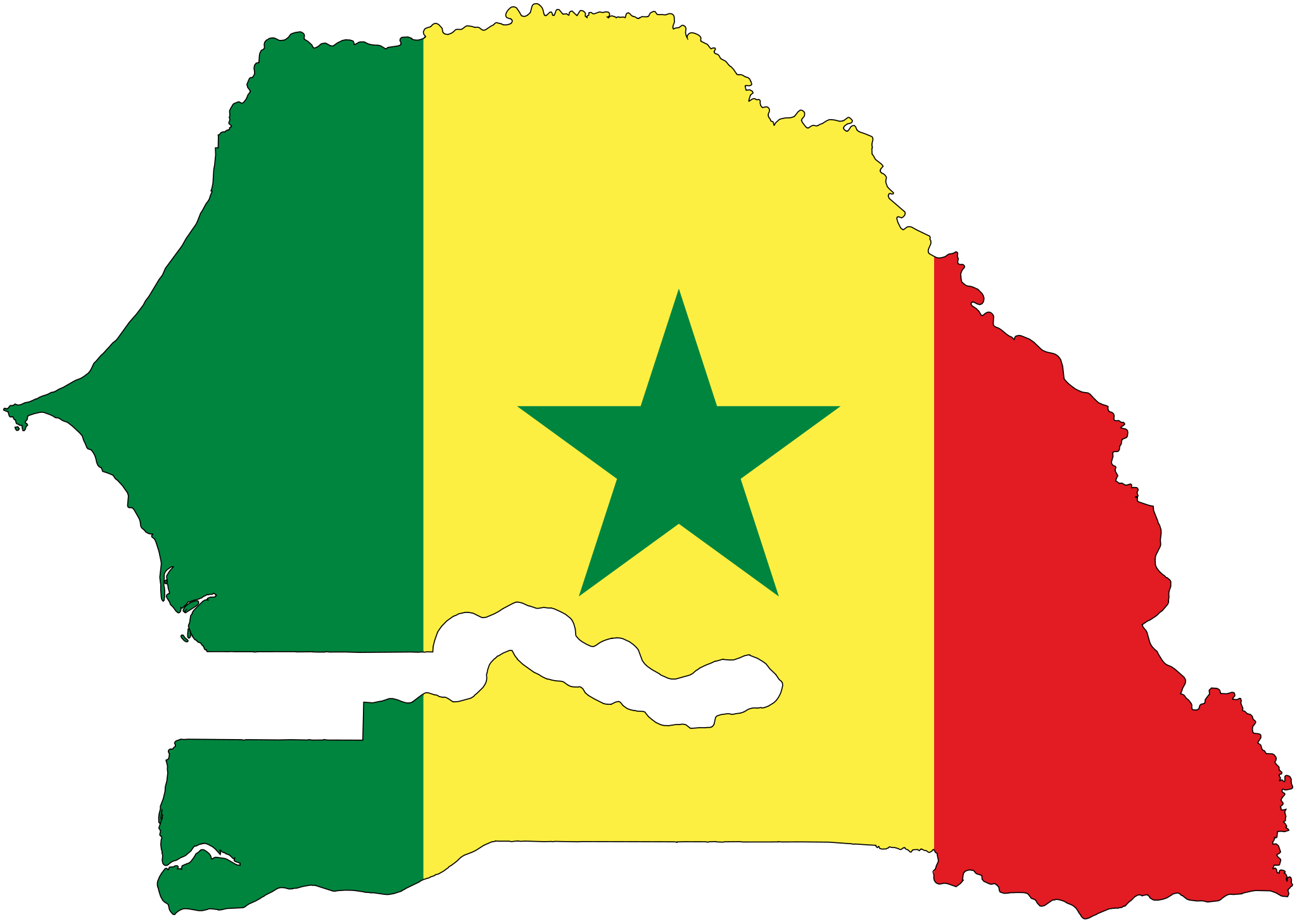By Sarah Tarek
For the past few decades, many have claimed that the Egyptian government had not made enough effort to ensure the protection of basic human rights for Egyptian citizens, such as providing a good standard of living and education, as well as protecting minority rights.
During the last presidential election, Abdel Fattah El-Sisi ran on a platform that included reforming human rights as a major goal. The president declared that he would make Egypt a better place to live in, using the slogan ‘long live Egypt’ to highlight his devotion to improve the quality of life for Egyptian citizens.
While his presidency has brought with it certain challenges in achieving this goal, such as rapid inflation and a devaluation of the national currency, the strides he has made are undeniable: the new administration has seen a rise in housing projects being developed, and legislative reform in the areas of women’s rights and the rights of citizens with special needs. Poverty has been one of Egypt’s major issues for as long as people can remember, with the growth of slums and the lack of affordable education for the poor.
El-Sisi made it his mission to upgrade the quality of living for Egyptians in slumps, creating the El-Asmaraat Compound, with the goal of providing affordable housing units to families in poverty and, in doing so, getting them out of slums and create more opportunities for upward social mobility. The compound offers not only furnished houses, but also proper schools and sporting club for the youth that live there, as well as affordable healthcare units. It also offers markets and bakeries to provide clean, healthy food, as well as cheap transportation so that people would be able to move around more comfortably. Hassan El-Ghandour, head of El-Asmaraat Compound, stated that all of the families currently residing in the compound are receiving all of their basic rights.
El-Asmaraat, in cooperation with the Ministry of Social Solidarity, aims to address the issues facing Egyptians and provide them with decent living conditions. Major General Mohamed Ayman, the deputy governor of Cairo, stated that housing works in El-Asmaraat takes place daily. He also stated that 13 housing projects, as well as a new phase of El-Asmaraat, are being developed from the Tahya Misr Fund in order to provide 62,000 housing units for the entire population that live in the slums.
These housing and development projects are certainly improving the quality of lives for Egyptians who need it mostly. Hala Salem, a member of the Egyptian Society in the United States, whose aim is to monitor these projects, noted this. One of the major dilemmas that Egypt faced in the past was the lack of basic protection for women and minorities issues, such as people with special needs and disabilities. According to Eglal Chenouda, director of SETI Centre, approximately 16% of the population has some sort of disability, and for years society and government overlooked them, they were left homeless and unemployed.
According to the Disabled Rehabilitation Law, anyone who “has become unable to rely on themselves for his or her work and stability, and has been unable to do so as a result of organic, mental, or sensory disability” is considered to have special needs. The disabled have the right to healthcare and rehabilitation, and they have the right to work and provide for themselves. Therefore, Article No. 81 had been added to the Egyptian Constitution of 2013, in support of people with special needs to protect their rights and offer them the care they need to live decently.
The government is keen to recognise the obligation to ensure the welfare of the disabled, and to offer them jobs to help them cope with the burdens of life. The constitution now states that any company that refuses to hire someone because of a disability will be fined EGP 5,000. A fine is not the only way the government will help support the disabled. The Ministry of Social Solidarity, too, has developed social rehabilitation institutions for people with special needs to offer the care, training, and preparation they need to help them in the work field.
President El-Sisi has also been an advocate for women’s rights, stressing in many of his post-election speeches on the importance of women. Following his election in 2014, he promised that women would have their fair share of politics and the obstacles they face would be overcome.
Since then, women have indeed taken more of a role in the political arena. Many female ministers have already been appointed by the president such as Ambassador Fayza Abul Naga, a national security advisor, the first woman to take such a high position. Article No. 11 of the 2014 constitution states that the state shall ensure achieving “equality between women and men in all civil, political, economic, social, and cultural rights in accordance with the provisions of this constitution.”
After this article was written—and others like it—the nmber of women in the workforce has increased from 6.6 million to 6.7 million in 2015 alone. Other than the increased inclusion of women in politics and the workforce, many new articles and laws have been passed to support the rights of women, such as Article No. 80, which stipulates that anyone under 18 is considered a child—aiding government efforts to prevent underage marriage and abuse.
More laws are currently being drafted, such as the new Divorce Law, which would stipulate that a divorce will only be valid if approved by both the husband and wife—a far cry from current legislation, which places this power solely with the husband. In addition, the National Council of Women has been working on educating women in villages, where women are not allowed to go to school.
The government is working on passing laws to prevent violence and harassment towards women by fining and imprisoning anyone who harms a woman. Whether Egyptian women do have the rights they deserve or not is a controversial issue, but as can be seen by the gender gap index moving Egypt from 136th to 132nd place, the situation is slowly improving. Many women’s rights activists, such as Mona Omar, Fayza Abul Naga, and Nehad Abo El Komsan agree that the Egyptian women’s status improved during the reign of El-Sisi.
Due to the new laws that have been passed, new articles that have been written, and campaigns that have been initiated, President El-Sisi declared 2017 as the year of the woman. Egypt has made immense efforts in providing citizens with a decent standard of living, with the new homes and education to support people under the poverty line, and rights for minorities, who had been marginalised in the past. President El-Sisi is slowly but surely providing Egyptians with their right to work and live decently, but as can be seen by the numerous reforms still in the works, this is only the beginning.















